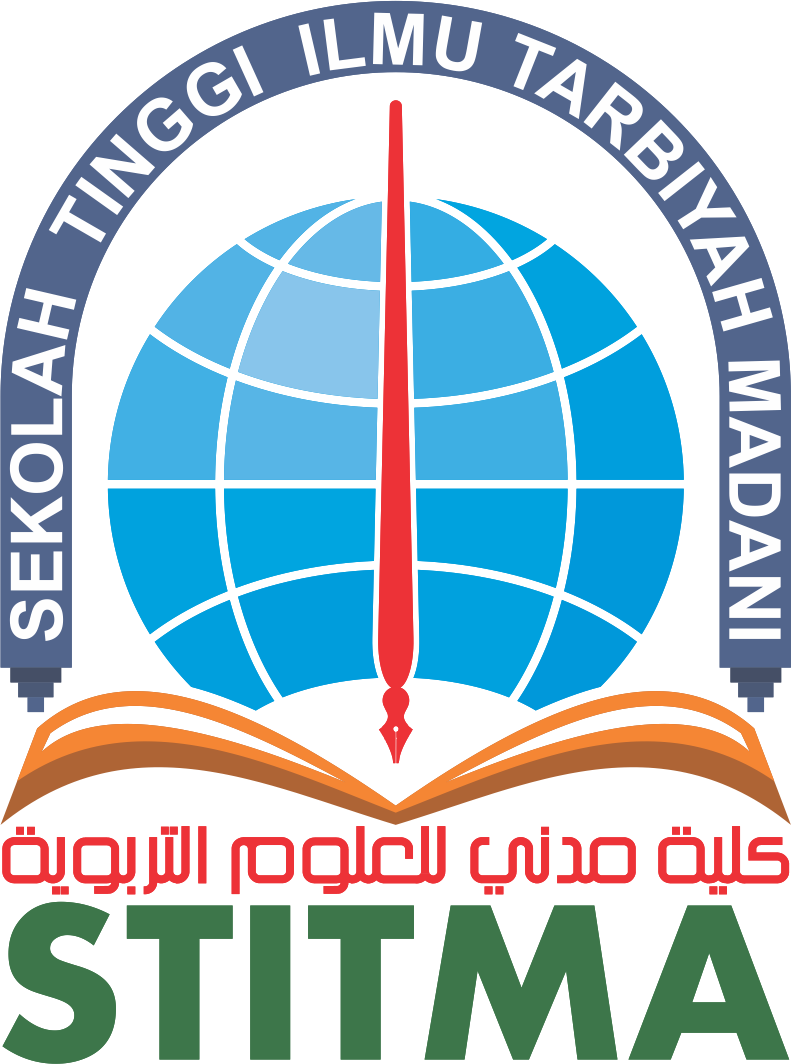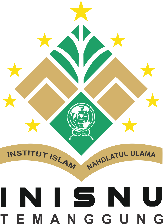Development of halal slaughterhouse as an effort to strengthen the halal supply chain through a collaborative governance approach
DOI:
https://doi.org/10.59944/amorti.v4i4.504Keywords:
Halal Supply Chain, Collaborative Governance, SlaughterhouseAbstract
Indonesia has significant potential in the halal meat market, yet faces major challenges in ensuring product availability and halal assurance across the supply chain. One of the key obstacles is the limited number of certified halal slaughterhouses. This study aims to develop an integrated halal slaughterhouse model through multi-stakeholder collaboration, applying a Collaborative Governance approach within the halal supply chain context in Indonesia. The involvement of key actors—government, industry, certification bodies, communities, and academics—is essential to create a more transparent, accountable, and traceable halal ecosystem. Through the implementation of collaborative governance, Indonesia can reduce the halal meat deficit, improve the competitiveness of halal products in international markets, and accelerate digital transformation in halal supply chains. Furthermore, this study addresses a critical research gap regarding traceability integration in halal slaughterhouses and provides practical policy recommendations. East Java is selected as the research location due to its strategic role as a livestock production center and its large Muslim population, making it a region with high potential for halal market development.
References
Akbar, A., Rakhmawati, N. A., & Vanany, I. (2022). Halal Blockchain Application for a Chicken Slaughtering Factory. International Journal on Food System Dynamics, 13(3), 321–334.
Alamsyah, A., Hakim, N., & Hendayani, R. (2022). Blockchain-based traceability system to support the Indonesian halal supply chain ecosystem. Economies, 10, 134–152.
Al-Fauziah, N., et al. (2022). Konsep Halal dalam Perspektif Syariat Islam.
Ansell, C., & Gash, A. (2008). Collaborative governance in Theory and Practice. Journal of Public Administration Research and Theory, 18(4), 543–571.
Arif, S., & Sidek, S. (2015). Application of halalan tayyiban in the standard reference for determining Malaysian halal food. Asian Social Science, 11(17), 116.
Azam, M. S. E., & Abdullah, M. A. (2020). Global halal industry: realities and opportunities. IJIBE (International Journal of Islamic Business Ethics), 5(1), 47–59.
Aziz, A., et al. (2021). Faktor Keberhasilan Halal Supply chain dalam Industri Makanan dan Minuman.
Ballou, R. H. (2004). Business Logistics/Supply chain Management: Planning, Organizing, and Controlling the Supply chain. Pearson Education.
bin Bustami, M. R., & Latip, A. R. A. (2021). Social Constructs Halalan Thayyiban Food Law: A Social Scientific Study into the Insight of Muslim and Non-Muslim in Banten Indonesia. Intellectual Discourse, 29(1), 53–70.
Boadu, E. S. (2024). Evaluating Ghana’s Youth-Centered Food-Security Policies: A Collaborative Governance Approach. Sustainability, 16(9), 3830.
Bryson, J. M., Crosby, B. C., & Stone, M. M. (2015). Designing and Implementing Cross-Sector Collaborations: Needed and Challenging. Public Administration Review, 75(5), 647–663.
Christopher, M. (2011). Logistics and Supply chain Management. Pearson Education.
Chopra, S., & Meindl, P. (2016). Supply chain Management: Strategy, Planning, and Operation. Pearson Education.
Emerson, K., Nabatchi, T., & Balogh, S. (2012). An Integrative Framework for Collaborative Governance. Journal of Public Administration Research and Theory, 22(1), 1–29.
Heizer, J., & Render, B. (2014). Operations Management: Sustainability and Supply chain Management. Pearson Education.
Ismail, S., Nazarudin, N., Francis, F. J., & Muhamad, M. Z. (2021). Traceability-Technology-Training (3T) framework for halal logistics at small medium enterprises. In 2021 7th International Conference on Research and Innovation in Information Systems (ICRIIS), 1–6.
Isnaeni, T. (2020). Manajemen Rantai Pasok Halal: Perspektif Industri dan Konsumen Muslim.
Mentzer, J. T., et al. (2001). Defining Supply chain Management. Journal of Business Logistics.
Mustaffa, K. A. (2019). Developing halalan tayyiban concept in Malaysia’s food industry. Halal Journal, 3(3), 97–108.
Mukhlis, M., & Perdana, R. (2022). A critical analysis of the challenges of collaborative governance in climate change adaptation policies in Bandar Lampung City, Indonesia. Sustainability, 14(7), 4077.
Nadeau, N., & Koebele, E. A. (2023). Collaborating to reduce food waste: building collaborative advantage in local food systems. Renewable Agriculture and Food Systems, 38, e32.
Raffi, R. M., & Hasan, Q. (2019). Food Quality and Safety in Japan: Exploring Ḥalᾱlan Tayyiban Aspect. Global Journal Al-Thaqafah, 29–37. https://doi.org/10.7187/GJATSI112019-3





























